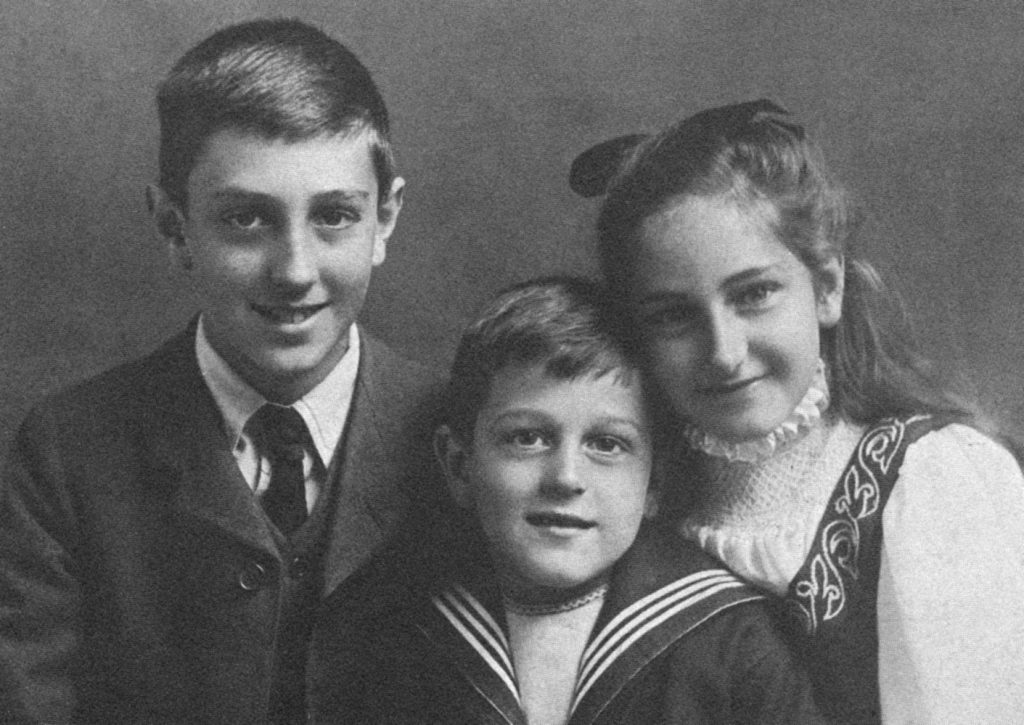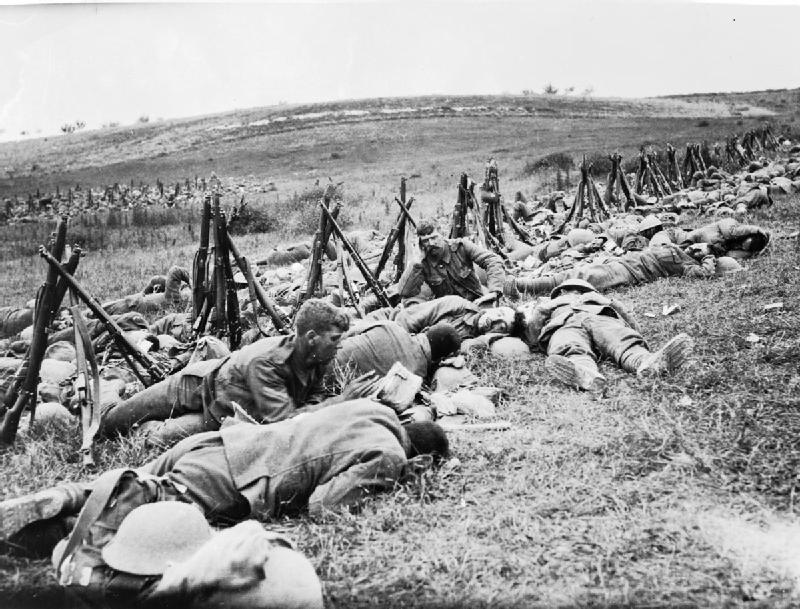John Ernest Vivian Rathbone
Rathbone was a well-liked pupil whilst at the school. He joined Ashburnham House in May 1911 and stayed at the school until the age of 17, leaving at Easter 1915. The Elizabethan records that ‘he showed great energy and in his regiment he was a very effective and particularly popular officer. At School he was a football Pink and Company Sergeant Major in the Corps.’ He was also active within his house, serving as a monitor in his final year. His Head of House recorded in the Ashburnham ledgers that it was ‘…clear that Rathbone was a really good chap and I liked him immensely. He was senior NCO in the corps his last term and he did a great deal for the House in this line. He was immensely keen on all games. He was rather wild in his nature… he was however, I believe a true sportsman out and out.’
On leaving school Rathbone joined the Inns of Court Officer Training Corps. He received a commission as a 2nd Lieutenant in the 3rd Battalion of the Dorset Regiment in June 1915. He was severely wounded at the Somme in July 1916 but quickly returned to the front. He was killed in action near Arras in 1918.
Rathbone was the younger brother of (Philip St John) Basil Rathbone, who survived the war and found fame as an actor, perhaps best known for playing Sherlock Holmes. When asked about his brother’s death in later life, Basil stated that he had instinctively felt his brother’s death at the moment that he was killed. He wrote the following passage in a letter to his family on 26th July 1918 following John’s death:
‘You ask how I have been since we heard, well, if I am honest with you, and I may as well be, I have been seething. I was so certain it would be me first of either of us. I’m even sure it was supposed to be me and he somehow contrived in his wretched Johnny-fashion to get in my way just as he always would when he was small. I want to tell him to mind his place. I think of his ridiculous belief that everything would always be well, his ever-hopeful smile, and I want to cuff him for a little fool. He had no business to let it happen and it maddens me that I shall never be able to tell him so, or change it or bring him back. I can’t think of him without being consumed with anger at him for being dead and beyond anything I can do to him.’

